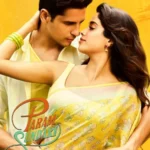
Sunny Sanskari Ki Tulsi Kumari (2025) Bollywood Hindi Movie HQCam
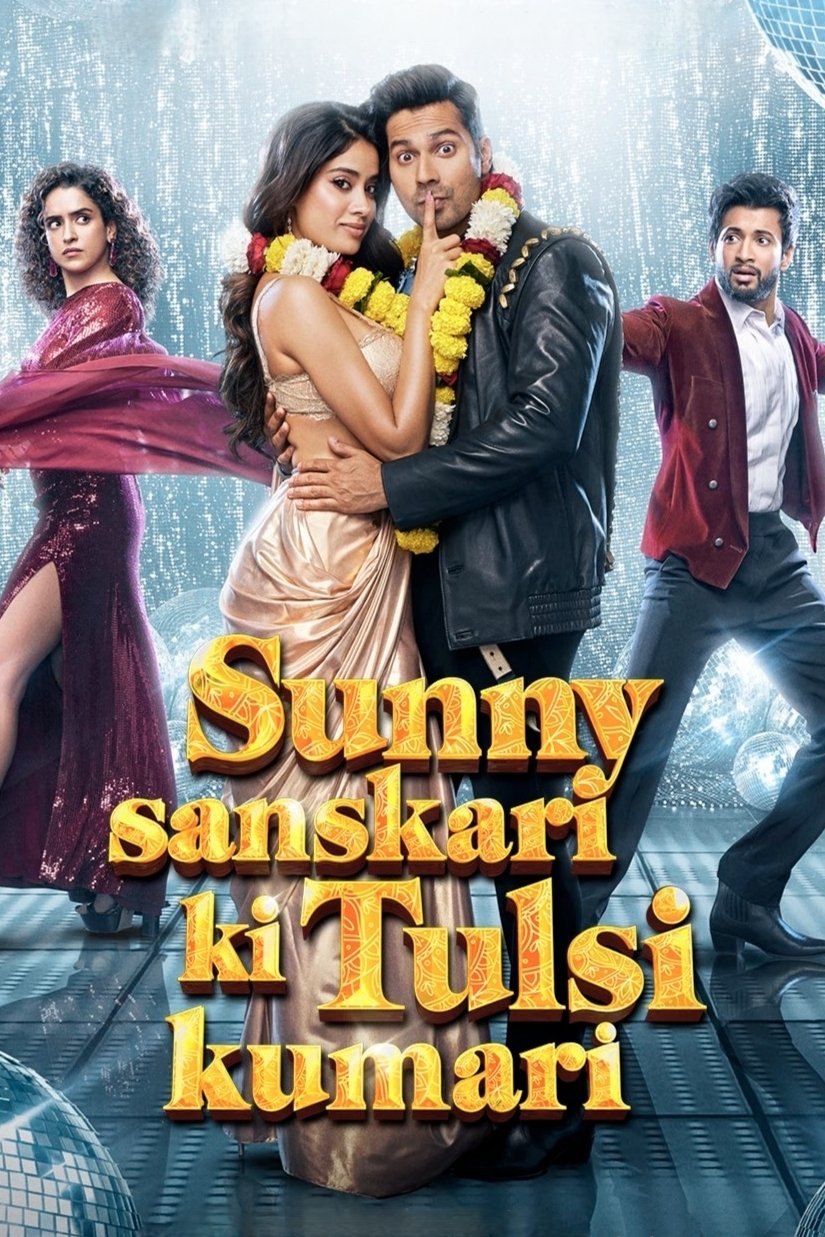
🎬 Thriller
🔍 Mystery
🎭 Drama
✓ Hindi + English dual audio
✓ English subtitles available
550MB
720p
1.2GB
2.4GB
6.0GB
📥 DOWNLOAD NOW
📦 Quality & File Details
⚙️ Technical Specifications
🎥 Video Details
Codec: HEVC (x265) / AVC (x264)
Resolution: 480p • 720p • 1080p • 2160p
Format: MKV / MP4
🎵 Audio Details
Languages: Hindi + English (Dual)
Subtitle: English (ESub) – Softsub
Channels: Stereo / 5.1 Surround
📸 Screenshots Preview
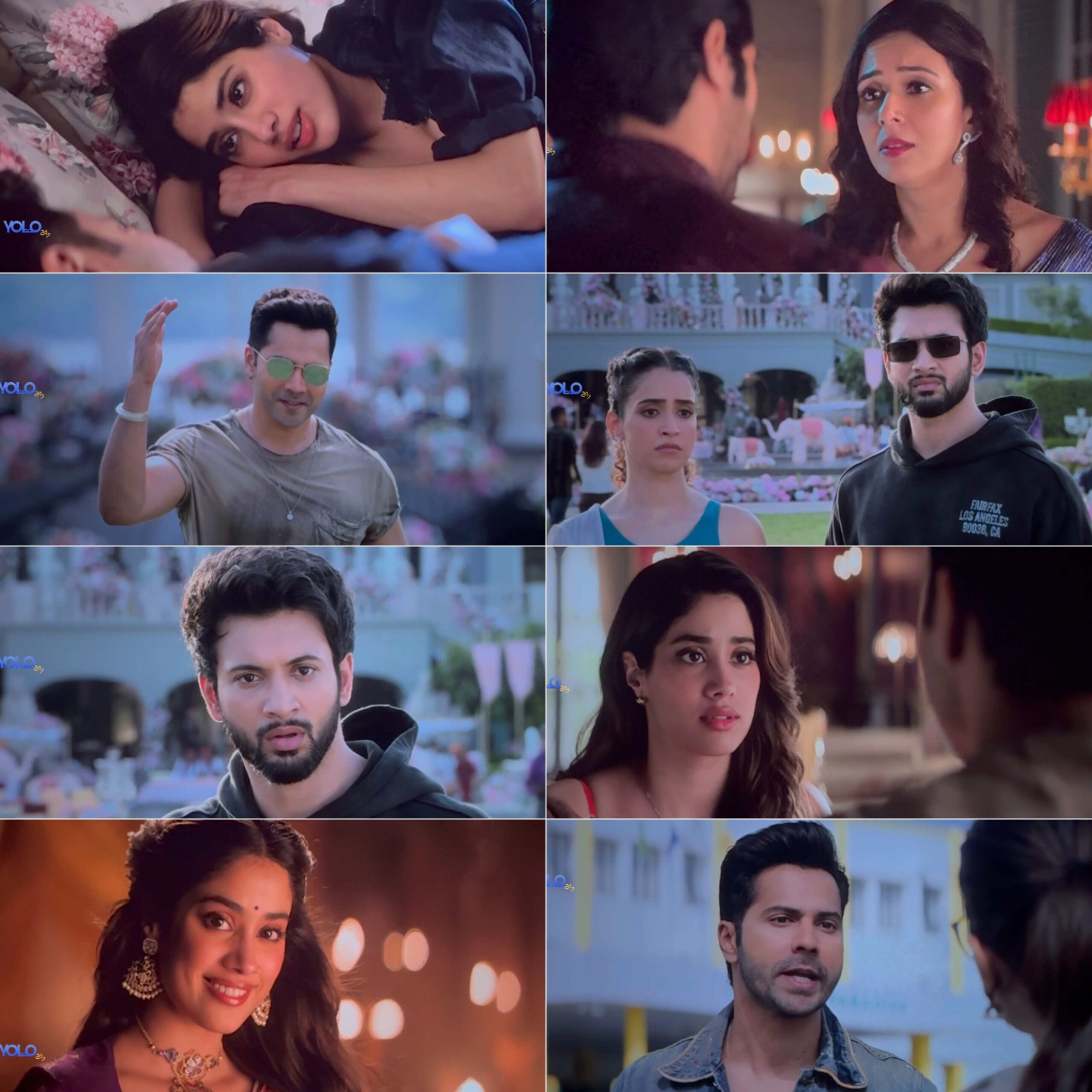
📖 Plot Summary / कहानी
Sunny Sanskari Ki Tulsi Kumari (2025) — Bollywood Hindi Movie HQCam
Complete movie details + full storyline (approx. 2000 words). Copy & paste into WordPress Text/HTML editor.
Important Movie Details
- Title
- Sunny Sanskari Ki Tulsi Kumari
- Release date
- 2 October 2025 (India) — festive Dussehra release.
- IMDb rating
- 6.6 / 10 (IMDb listing for the title).
- Runtime / Movie length
- Approximately 2 hours 15 minutes (135 minutes).
- Language
- Hindi (original audio).
- Genre
- Romantic Comedy / Drama
- Director
- Shashank Khaitan
- Producer
- Dharma Productions (Hiroo Yash Johar, Karan Johar) & Mentor Disciple Entertainment
- Key cast
- Varun Dhawan (Sunny), Janhvi Kapoor (Tulsi Kumari), Sanya Malhotra (Ananya Bhatia), Rohit Saraf (Vikram Singh), with Maniesh Paul, Akshay Oberoi and cameo appearances from Prajakta Koli & Karan Johar.
- Music / Songs
- Multiple composers credited including Tanishk Bagchi, Sachet–Parampara, Guru Randhawa and others.
Sources for top facts: IMDb, Wikipedia, Hindustan Times (review & box office coverage), IMDb full credits. 1
Full Storyline
Sunny Sanskari (Varun Dhawan) is a portrait of cheerful confidence: the sort of Delhi boy whose life feels curated — polished jewellery shop, spotless hometown manners, and a family that expects him to follow an orderly path. He loves big, gestures often, and has an almost cinematic faith that the right moment will arrive. His girlfriend Ananya (Sanya Malhotra) studies abroad in Italy, and for Sunny she represents the perfect modern partner: ambitious, cosmopolitan, and fun. He plans an elaborate proposal — dressing up as his girlfriend’s favorite film hero, perfecting a speech, and arranging an Instagram-worthy moment — convinced that love and spectacle will seal their fate.
The film opens with Sunny’s proposal set-up: dramatic, slightly over-the-top, and full of the comic misfires that Varun Dhawan parades effortlessly. But the punchline lands hard — Ananya refuses. The rejection is not cruel; she calls their relationship what it had been for her: a situationship, pleasant but not a life plan. Worse still, she reveals that family pressure has already set her on a different path: she is engaged to Vikram Singh (Rohit Saraf), a refined, wealthy heir chosen by her parents. Ananya’s explanation stings because it is ordinary and plausible; she admits she never saw marriage with Sunny in her long-term plan.
Sunny is bewildered and wounded. He tumbles through the next sequences with his trademark bravado taking small hits — his family consoles him, the internet mercilessly memes his public proposal, and his friends (notably Kuku, played by Maniesh Paul) attempt pep talks that alternate between sincere and ridiculous. The film allows Sunny’s embarrassment to be funny without making him the butt of outright ridicule; we root for him, even as the camera lovingly shows his mistakes.
In parallel, the narrative introduces Tulsi Kumari (Janhvi Kapoor), a schoolteacher of quiet dignity who skirts the edges of upper-class society because of her humble upbringing. Tulsi is the archetype of restrained strength: competent in her classroom, warm with children, and reluctantly resigned to the idea that love and class rarely move together. Years earlier, she had been Vikram’s childhood love, but family pressure pushed Vikram away to a life more acceptable to his kin. Tulsi didn’t follow him into that glittering world; she remained anchored in her schoolroom, raising kids and carrying her memories in private.
The plot thickens when Sunny, in his post-breakup wanderings, learns about Vikram’s past and Tulsi’s quiet story. Part sleuth, part romantic idealist, Sunny decides to meet Tulsi — initially out of curiosity and a misplaced sense of righteousness, later because he recognizes in her a vulnerability that tugs at him. Their first meetings are awkward but honest: Sunny’s showy manner clashes with Tulsi’s understatement, but there is a real human connection — not instant fireworks, but small, honest moments that accumulate.
Against this setup arrives the central setpiece: Vikram and Ananya’s grand, destination wedding in Udaipur. Sunny and Tulsi travel there with an audacious plan — to pretend to be a couple and, by doing so, unbalance the wedding choreography enough to let unresolved feelings surface and for truth to bubble to the surface. The sequence plays like a glossy rom-com montage: travel sequences, costume gags, awkward attempts at being coupley, and the quiet sweetness of two people learning to perform intimacy without cynicism.
Arriving at the wedding, Sunny and Tulsi’s ruse sparks predictable chaos — surprised relatives, overbearing mothers, jealous friends, and the inevitable social media furor. But the screenplay smartly balances spectacle with emotional work. Ananya, watching these two, is forced to confront the depth of what she left behind. Vikram, meanwhile, senses a fissure in the curated life he had chosen; the sight of Tulsi — calm and unadorned — stirs an inconvenient truth. The film doesn’t rest on melodrama; instead, it mines the awkwardness and comedy of failed social rituals to show how people misread themselves and each other.
Complications multiply. There are scenes of intimate confession — a rooftop conversation beneath fairy lights where a drunk sibling blurts out old secrets, a schoolroom flashback that shows Tulsi’s tender lessons on courage, and a sequence in which Sunny, trying to prove he cares, performs a chaotic public dance that becomes an unexpected emotional release for the crowd. These sequences underscore a recurring theme: public performance and private truth are different things, and sometimes performing well in the world doesn’t mean you’ve been true to your heart.
The writing gives equal time to secondary characters who add texture rather than comic padding. Kuku (Maniesh Paul) is Sunny’s foil — loud, opportunistic, but loyal. Akshay Oberoi’s Param appears as a worldly friend whose cynicism occasionally frames the naive romanticism of Sunny. Small cameos — Prajakta Koli’s Dimple in a mid-credits twist, Karan Johar as a playful guest — keep the film rooted in the contemporary Bollywood ecosystem where celebrity cameos punctuate the narrative. These moments feel like salt: small, not the meal itself.
A turning point arrives when Tulsi, who had once waited for Vikram to fight for her, realizes she cannot rebuild a life on apologies alone. After a heartfelt confrontation in the wedding hall, she refuses Vikram’s belated public confession. The scene is handled with surprising restraint: no loud speeches, just a quiet, clear refusal that holds more power than any theatrical outcry. Tulsi’s agency is central — she is not an object of men’s choices but a subject who makes brave decisions.
Later, a dramatic moment tests Sunny’s sincerity. Just as he prepares to declare his love, a twist occurs: Vikram proposes again, this time with more vulnerability; Ananya also admits complicated feelings; and Sunny must decide whether his attraction to Tulsi is an act of rescue or true love. The film uses this tension to interrogate the messy ethics of romantic rivalry — can love be honest if it arrives as a salvage operation?
Cinematically, the wedding sequences are lavish — colorful lehengas, ornate palaces, choreographed dances — but the director keeps the camera close to faces during the film’s most critical moments. This closeness lets the audience read microexpressions: a flicker of regret, a small smile, the weary lift of an eyebrow. The contrast between Bollywood gloss and intimate human detail is where the movie finds its emotional core.
The final third of the film focuses on choices. Tulsi chooses dignity over nostalgia; she accepts a future that honors her worth. Vikram, confronted with the consequences of his family’s choices and his own cowardice, begins an arc of growth that is plausible rather than melodramatic: he chooses to marry someone more compatible (a supportive narrative beat that prevents him from becoming a one-note villain). Ananya’s decisions are also treated with nuance; she recognizes her own compromises and chooses paths that reflect her growth.
Sunny’s growth is quieter and more structural. He stops trying to be the big cinematic hero and starts doing the smaller, more meaningful work: he helps Tulsi with a community drive for her school, organizes honest conversations with his family, and learns how to be present instead of performative. The film’s emotional payoff is not a single grand declaration but a series of small acts that show he has learned to value steady devotion over showy romance.
The climax is a tender, satisfying moment where Tulsi accepts Sunny — not because of any dramatic rescue, but because she sees consistency, respect, and a willingness to live the life she values. The wedding chaos resolves into a quieter ceremony: Sunny and Tulsi’s bond forms slowly, framed by real conversations, family acceptance after honest reckoning, and a community that watches rather than judges.
Musically, the film punctuates the emotional arc with a mix of high-energy dance numbers and soft ballads. One mid-film duet between Sunny and Tulsi becomes the emotional motif: a melody that plays during their awkward early conversations and returns in a stripped form during the final scene. The soundtrack works as an emotional barometer, never heavy-handed but always present.
In its final moments, the film offers a snapshot of ordinary happiness: Tulsi teaching her students, Sunny quietly helping his parents in the shop, and both sitting together under a small string of lights. The camera pulls back slowly, revealing a street where life goes on — not a fairy-tale Bollywood ending with choreographed dancing across a palace, but a believable image of two people choosing each other in a world that demands compromise.
Why it works (and where it wobbles): The movie succeeds on the strength of performances — Varun Dhawan’s physical comedy and Janhvi Kapoor’s quiet expressiveness are a winning combination. The screenplay occasionally slips into conventional rom-com beats (predictable misunderstandings, formulaic comic relief), but it redeems itself by treating Tulsi as a fully realized character with agency. The film’s message — that love must respect dignity, and that second chances are meaningful only when built on honesty — lands with a pleasant warmth.
Overall, Sunny Sanskari Ki Tulsi Kumari is a glossy, modern rom-com that balances spectacle with heart. It will appeal to viewers who enjoy family-friendly romantic cinema with a contemporary twist, colorful wedding sequences, and characters who grow through small but important choices.
© 2025 – All Rights Reserved | Enjoy your download! 🎬






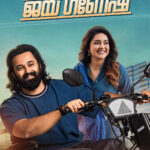


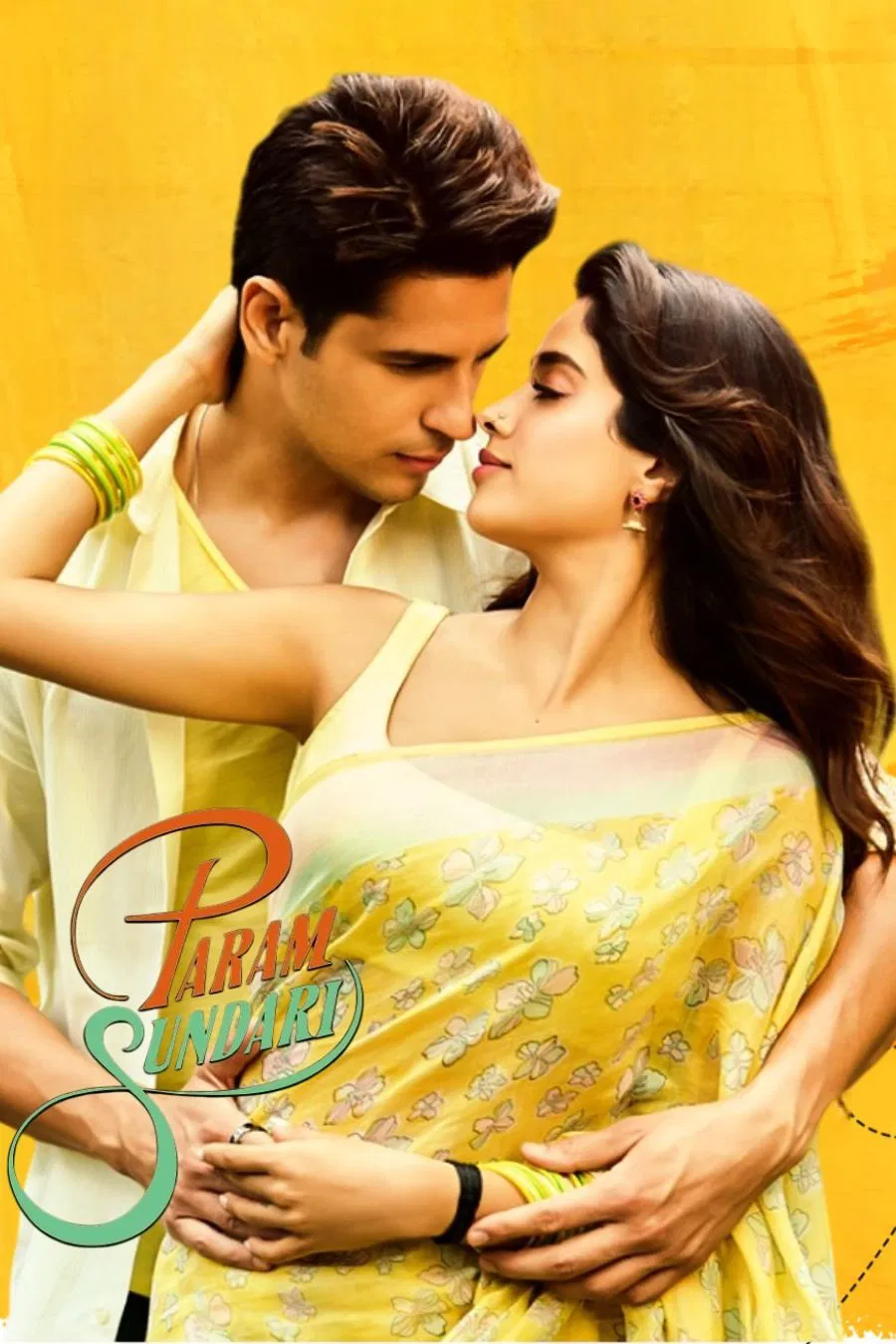
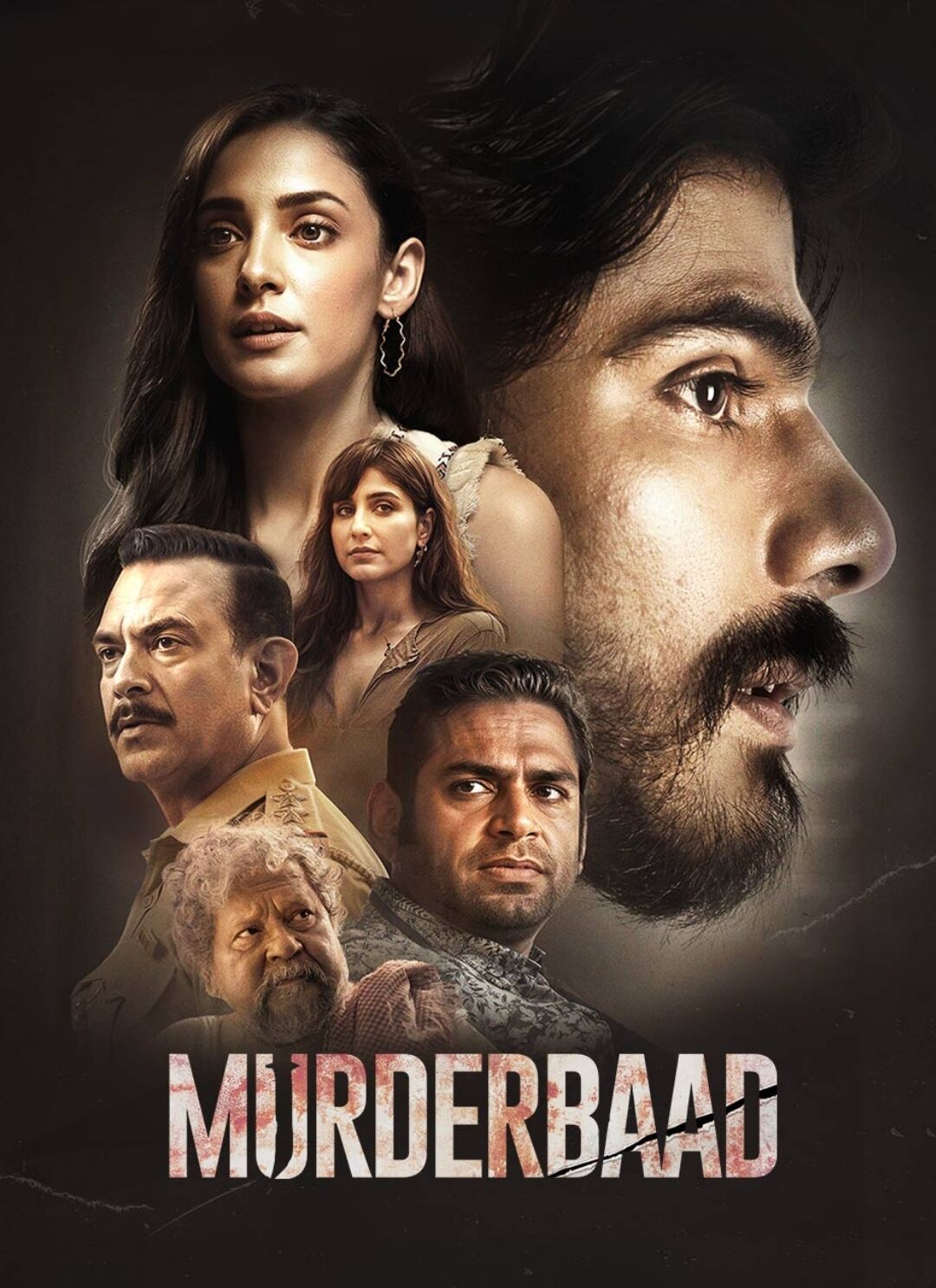



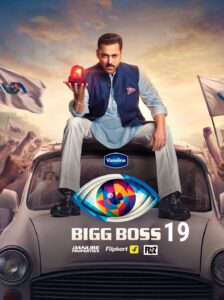
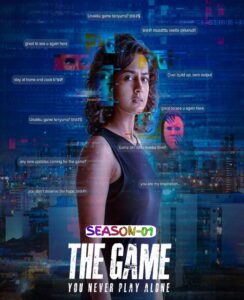




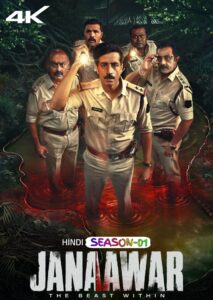

Post Comment